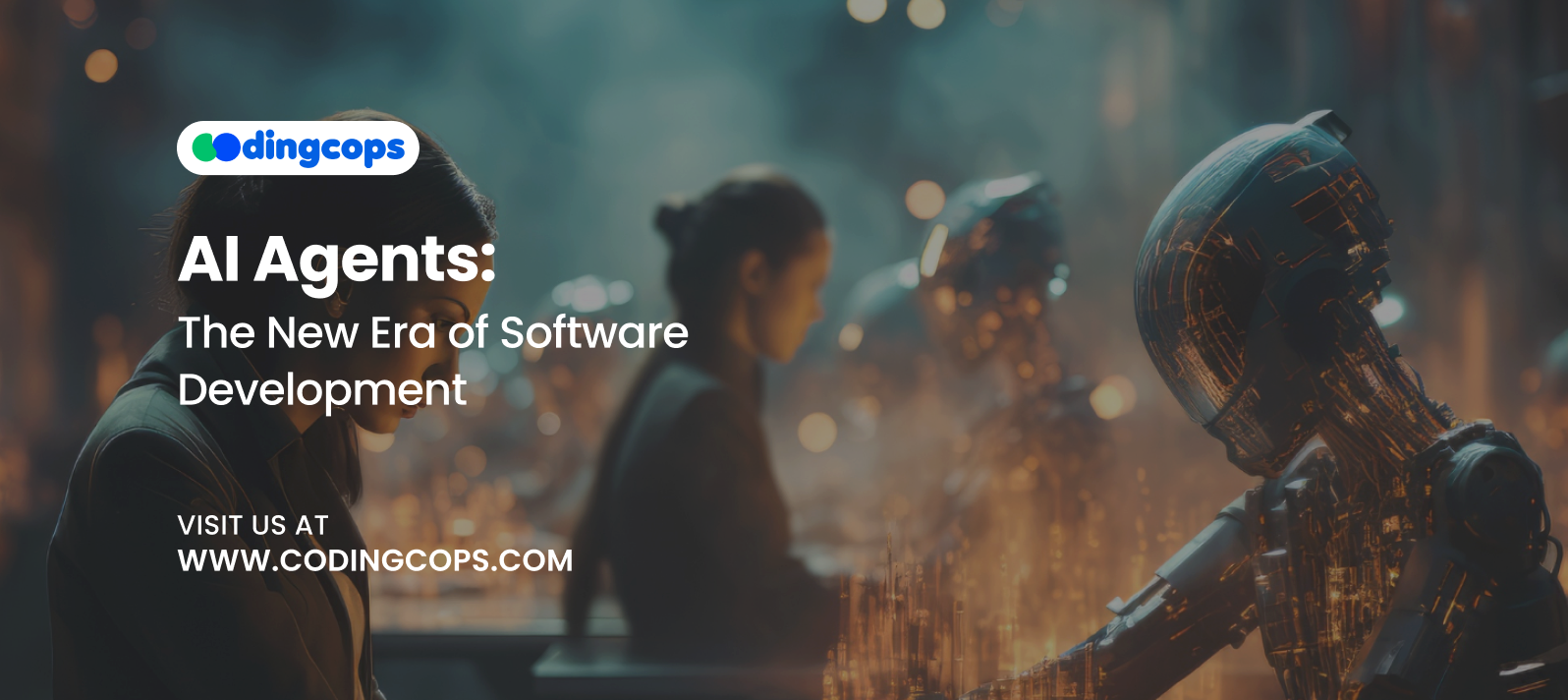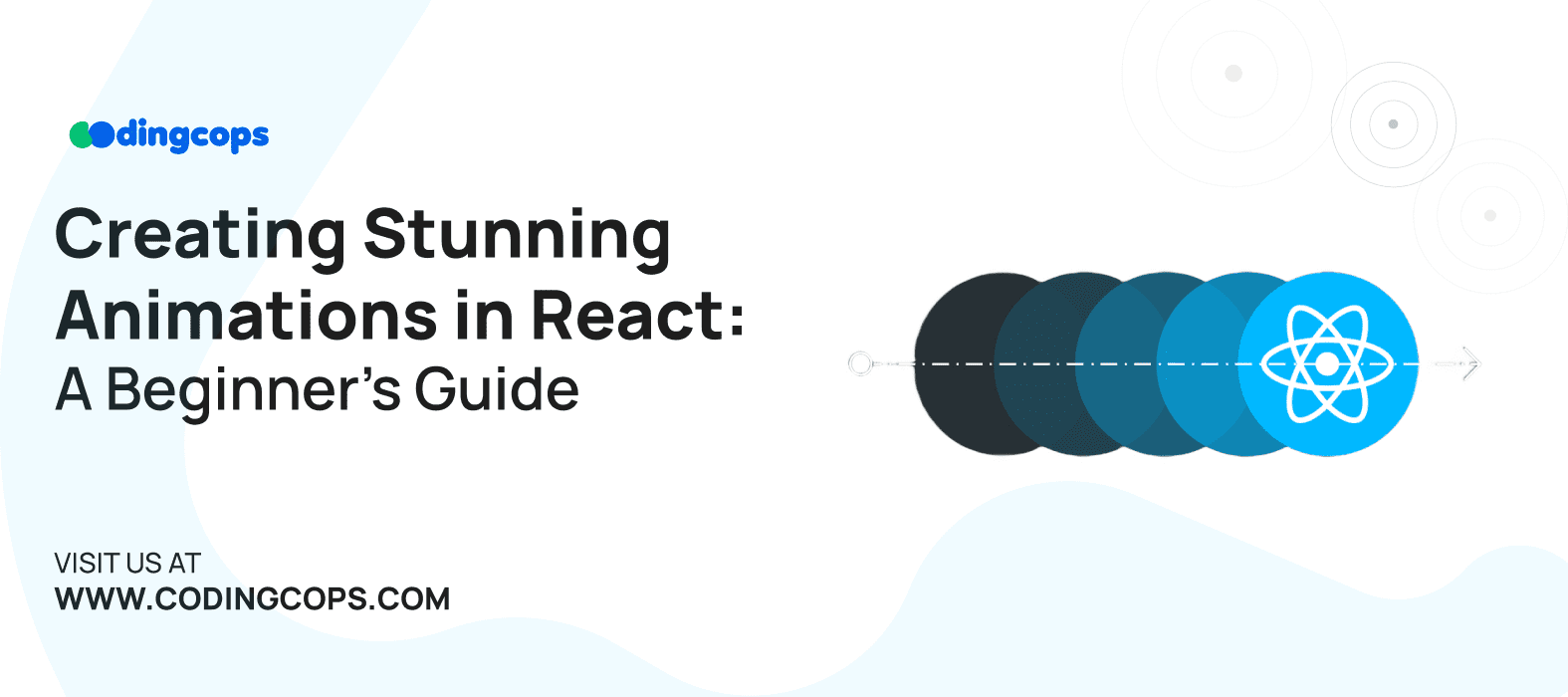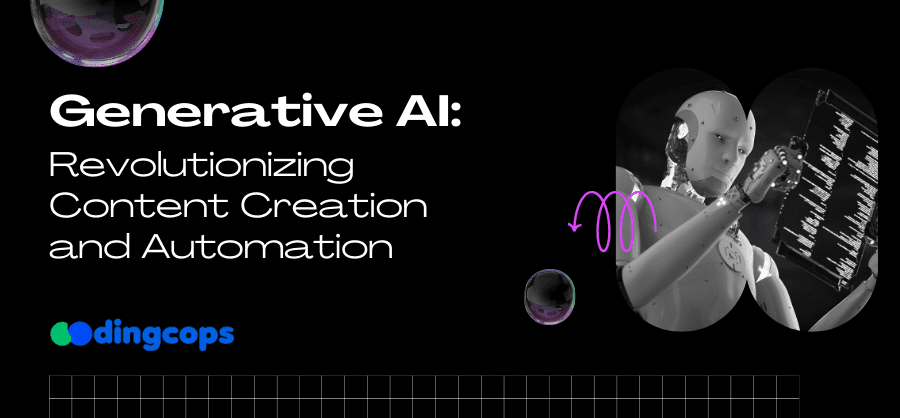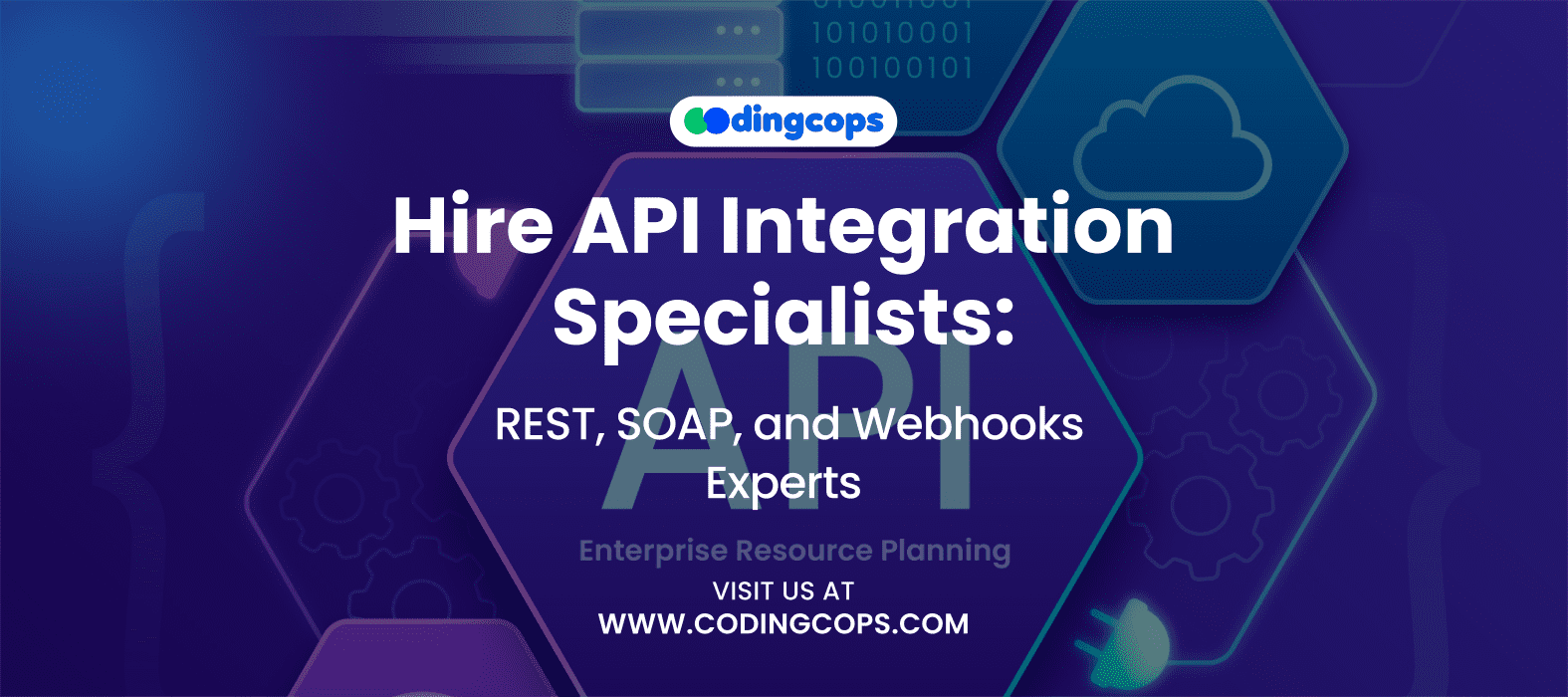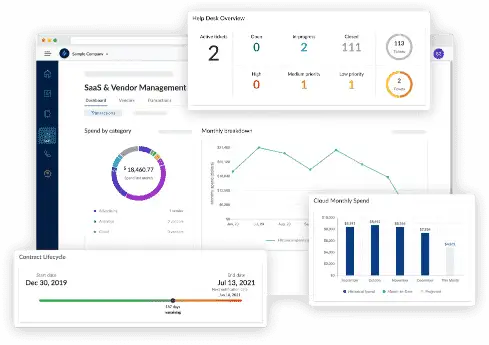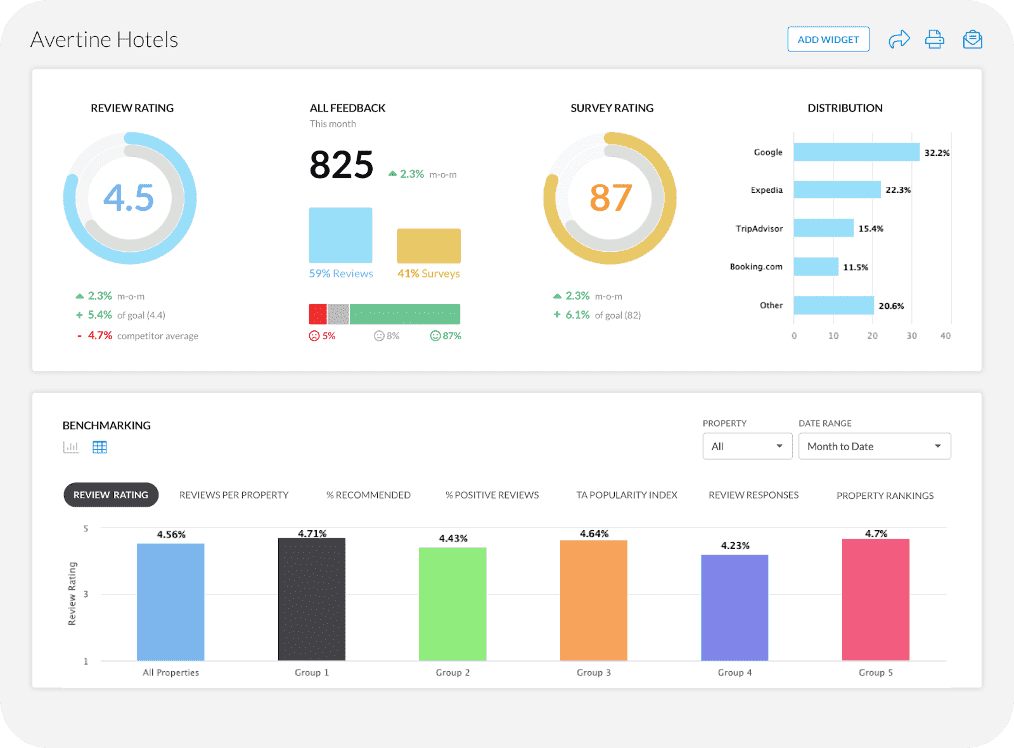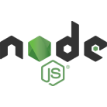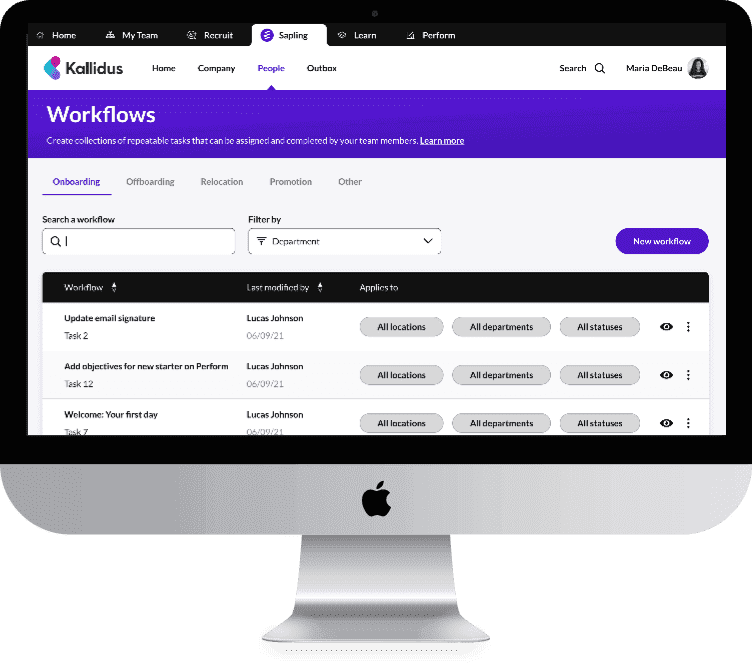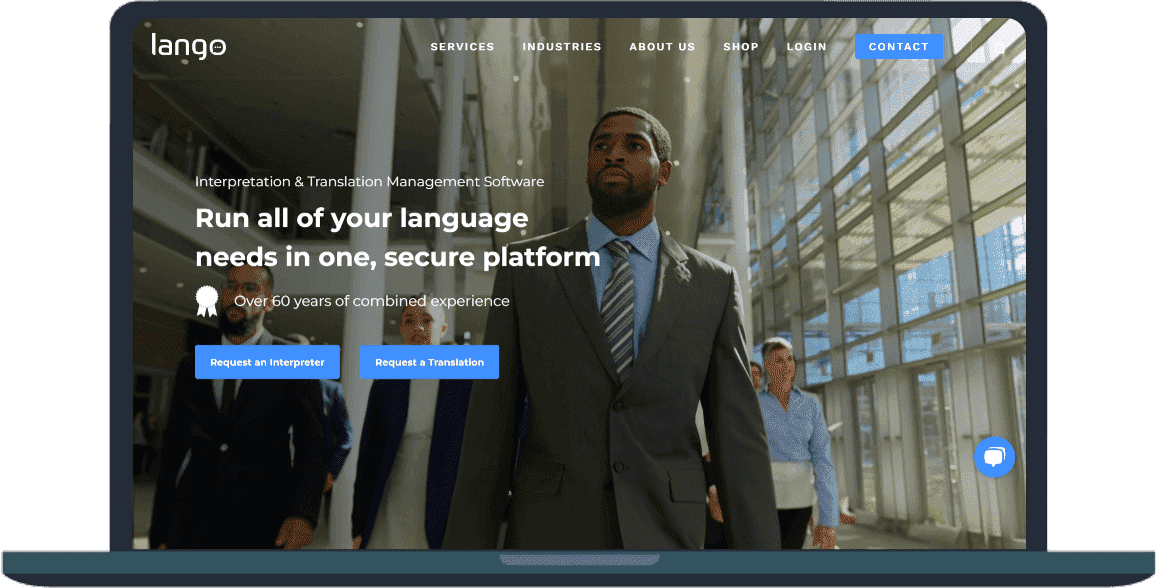According to some statistics, the AI agent market size is increasing at breakneck speed. The market size in 2025 is $7.38 billion, and it’s expected to grow to $47.1 billion by 2030. Not only that even businesses across various industries are now realizing the advantages of AI agents.
However, people still don’t know what AI agents are and how they are changing software development. In this CodingCops guide, we will look at what AI agents are and how they can usher in a new era in software development.
What are AI Agents?

Artificial intelligence agents are machines that use tools to sense their surroundings and interpret data to behave and accomplish particular objectives. Additionally, they can do tasks by utilizing one or more AI models. On behalf of a user, they can also choose when to access external or internal services. As a result, AI agents can operate and make decisions with minimal human supervision.
AI agents surpass traditional software. These intelligent agents don’t just respond; they have initiative. Moreover, they engage with their environment, learning and adapting as they go. Also, AI agents continually collect information from diverse sources.
Moreover, AI agents decide on the best course of action by considering goals, roles, and constraints. Additionally, they can update their plans in real time as things change, hence making them more adaptable to process change and edge cases.
How Do AI Agents Work?
AI agents observe their environment and use LLMs for planning and accessing connected systems to take action and accomplish tasks.
AI agents gather and analyze information from their surroundings, such as performance indicators and user interactions. Also, they can retain memory across conversations. Moreover, they can understand ongoing context across multi-step plans and operations.
AI agents independently assess and prioritize activities according to their comprehension of the issue using language models.
Additionally, AI agents carry out activities by utilizing interfaces with data sources and corporate systems. Moreover, the AI agent can access enterprise services and delegate actions to other tasks.
Components of an AI Agent
One of the first components of an AI agent is an agent-centric interface. An agent-centric interface includes protocols and APIs used to connect agents to users and other systems. This allows intelligent software agents to observe their environment.
The next component of an AI agent is the profile module. It defines the AI agent’s attributes, like its role, goals, and behavioral patterns.
Furthermore, the memory module includes both short-term memory for recent events and long-term memory for factual knowledge and concepts.
Another critical module is the planning module, which typically uses an LLM to take observations from the environment. This also includes memory and the agent’s profile.
The Action module that has the APIs and the system integrations that define the actions available to the AI.
Types of AI Agents
AI agents come in a variety of forms and levels of sophistication, ranging from basic coding assistance to intricate networks capable of process automation. At the most basic level, a coding copilot can generate code when prompted by developers.
A more sophisticated AI agent, on the other hand, may automatically consume the current code base and modify its output accordingly. Moreover, highly developed AI agents can build and execute the program in a test environment in addition to writing code.
How Can You Use AI Agents?
The performance of an AI agent comes from mimicking the processes that humans follow. This is due to LLMs being trained on a large body of human output, and hence can solve problems that are similar to what humans can solve.
Moreover, like LLMs, virtual agents in AI perform well on problems that can be broken down into their parts. Small and well-defined tasks and relevant context can enhance the performance of the AI agent. Moreover, they perform even better when feedback loops are in place so errors can be corrected upon iteration.
AI agents can additionally perform repetitive tasks quickly and accurately. Additionally, AI agents let humans concentrate on more crucial activities and minimize human mistakes.
Additionally, by helping decision-making and offering actionable insights, AI agents improve human teams.
AI agents are capable of large-scale information analysis and synthesis in data settings. Moreover, they identify patterns and deliver insights that drive strategic decisions.
How Can Businesses Use AI Agents?
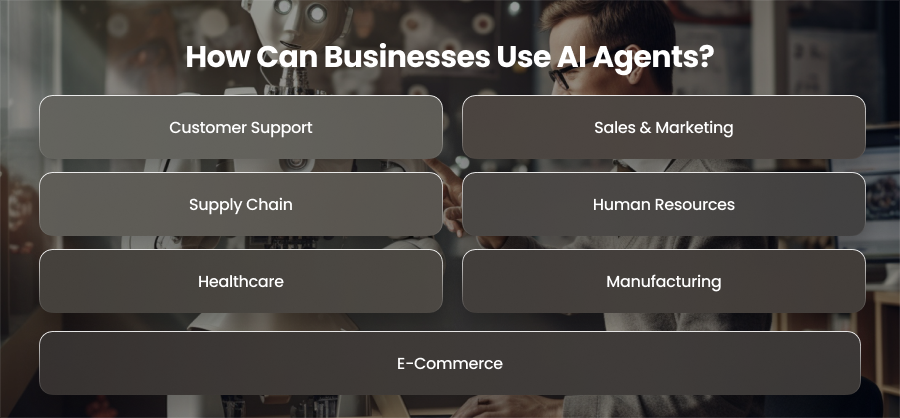
AI agents are quickly becoming common across various industries, and people are using them. According to a survey, 70% of people said that they use AI agents to purchase flight tickets. Moreover, 65% of the respondents said that they use AI agents for booking hotels and resorts.
Additionally, early adopters have already benefited from these AI agents in various fields, including R&D, customer support, and marketing and sales.
Customer Support
Businesses can build AI chatbots to respond to customer inquiries and provide timely support. By automating responses, they can contribute to shorter wait times in contact centers. Additionally, based on consumer behavior, the AI assistant may offer tailored product suggestions.
Sales & Marketing
AI bots can locate and analyze customer data to identify high-potential leads. AI agents can improve email campaigns and digital marketing by using user behavior. To learn more about their client profiles, businesses may also use AI bots to track and monitor their social media accounts.
Supply Chain
Supply chain management can benefit from AI agents’ ability to anticipate and stop stock shortages. Additionally, AI agents aid with logistics management and delivery route optimization. Enhancing supplier negotiations and order placements is another way to automate procurement.
Human Resources
Human resource executives can benefit from AI agents because they screen resumes quickly with AI. HR managers can also spot patterns in staff retention and productivity with AI data.
Healthcare
The healthcare sector is being significantly impacted by AI agents. By applying AI diagnostics to examine patient histories, physicians may use AI solutions to make early illness diagnoses.
Manufacturing
AI agents can provide predictive maintenance and can anticipate machine failures before breakdowns. Also, AI can automate repetitive tasks. This can free up time and manpower.
E-Commerce
Businesses use AI agents to build chatbots that can help customers find products. Also, businesses can do dynamic pricing optimization and adjust product pricing based on demand.
Final Words
AI agents will surely bring a new era of software development. With AI agents, businesses can automate tasks and improve customer experiences. Also, these solutions can reduce costs and enhance efficiency.

